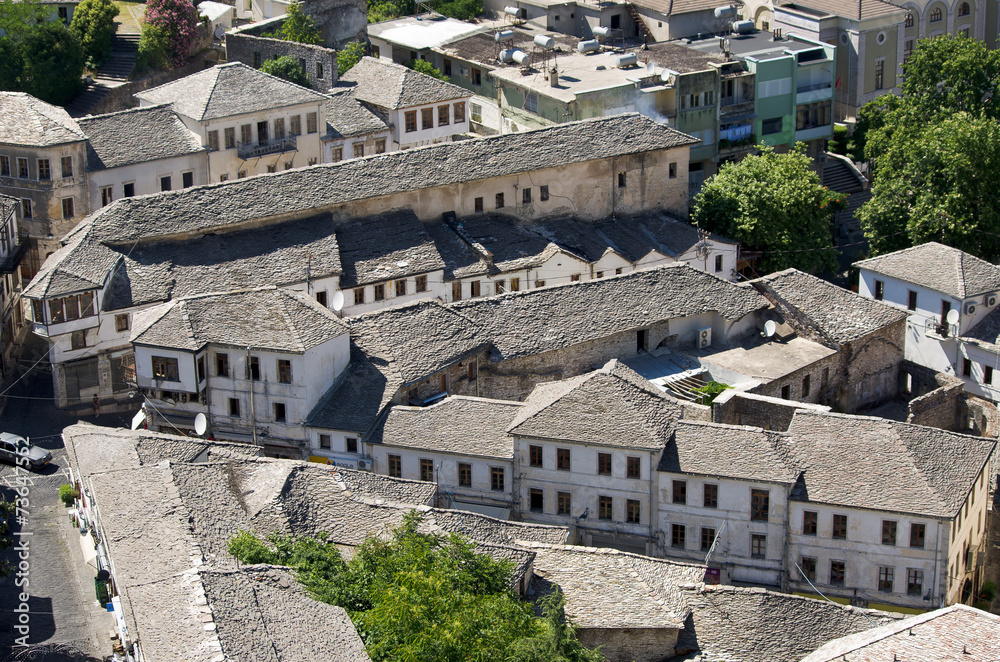Gjirokastra
History:
Gjirokastra is a beautiful and historically significant city located in Southern Albania.
Gjirokastra has a fascinating history dating back to ancient times. It was originally founded by the Romans in the 2nd century BC. Over the centuries, it was inhabited by various civilizations, including the Byzantines and Ottomans. The city's architecture and layout are a testament to its diverse cultural influences.
Architecture:
One of the most striking features of Gjirokastra is its well-preserved Ottoman-era architecture. The city's stone houses have distinctive slate roofs and wooden balconies, creating a captivating and timeless atmosphere. The Gjirokastra Castle, built on a hill overlooking the city, is a prime example of Ottoman fortress architecture and offers breathtaking panoramic views.
Gjirokastra has been designated a UNESCO World Heritage Site and is often referred to as a "Museum City" due to its historical significance. Visitors can explore the Gjirokastra Ethnographic Museum, which is located in the birthplace of Albania's former communist dictator, Enver Hoxha, and provides insight into the city's cultural heritage.
Culture and Traditions:
The city has a rich cultural heritage, with traditional music, dance, and crafts being an integral part of its identity. Visitors can experience authentic Albanian culture by attending local festivals, tasting traditional cuisine, and witnessing folk performances.
Surrounded by stunning natural landscapes, Gjirokastra offers outdoor enthusiasts plenty of opportunities for adventure. The nearby Drino Valley and Viroi Lake provide excellent hiking, picnicking, and bird-watching opportunities. The region is also home to unique flora and fauna.
Visitors can enjoy delicious Albanian cuisine in Gjirokastra, including traditional dishes like qifqi (rice balls), tave kosi (yogurt and lamb casserole), and byrek (savory pastries).
Don't forget to try the local raki, a strong alcoholic drink that is often offered as a gesture of hospitality.
Tourist Attractions:
Aside from the Gjirokastra Castle and Ethnographic Museum, other notable attractions include the Zekate House, a well-preserved Ottoman mansion, and the Cold War Tunnel, an underground bunker built during the communist era. The Old Bazaar is a bustling market where visitors can shop for local handicrafts and souvenirs.





